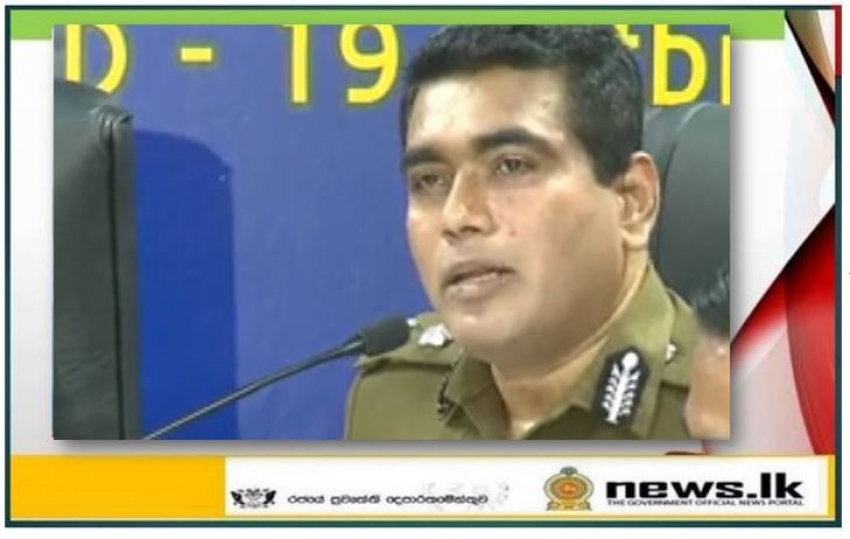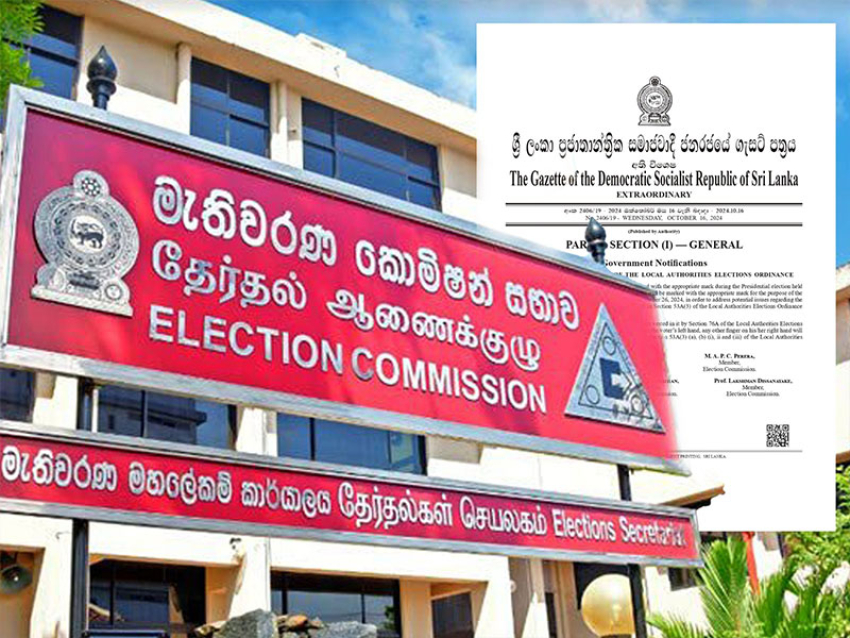The police OICs have been notified to take strict action against curfew violators as the medical experts and health authorities have reiterated that maintaining distance from one-another is the best way to prevent the spread of the Covid-19, he said.
Under no circumstance should anyone venture out of their homes, he sternly warned the public, discouraging them to engage in social gatherings among neighbours in such activities as games, parties etc. He warned that curfew violators would be arrested and their vehicles would be seized.
In the event meetings or group activities are organised the DIG warned that action would be taken against those organising these events and their properties could be confiscated and such venues would be sealed.
Therefore, he urged the public to adhere to the curfew regulations and cooperate with the measures taken to contain the spread of the Covid-19.
DIG Ajith Rohana noted that the curfew is lifted periodically to allow the people to obtain their essential commodities and not to go visiting relatives and friends and socialize. Hence, he urged the public to maintain a distance of at least a meter while venturing out to obtain supplies and follow the proper health guidelines.
During the curfew the IG has issued directives to allow the transport of food including meat and fish and there is no requirement to obtain curfew passes for the transport of these items to storage facilities and distribution centres. Similarly, no curfew pass is required for the transport of vegetables and other agricultural products, including when such food stuff is being transported to economic centres and the Peliyagoda fish market and while returning.
He also said that special police protection would be provided for such wholesale distribution processes.
Further, the curfew will not affect the small and medium scale operations of the tea and other export crops operations but urged the workers to engage in their harvesting activities by maintaining distance among each other. The same procedure needs to be followed during the transportation of such goods as well, he noted.
DIG Ajith Rohana also noted that while the rice and paddy distribution process does not require a permit, these transporters need to have a valid document that clearly indicates their service and what they are transporting.




















